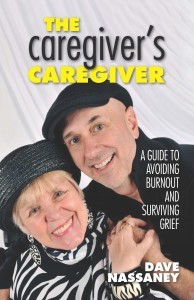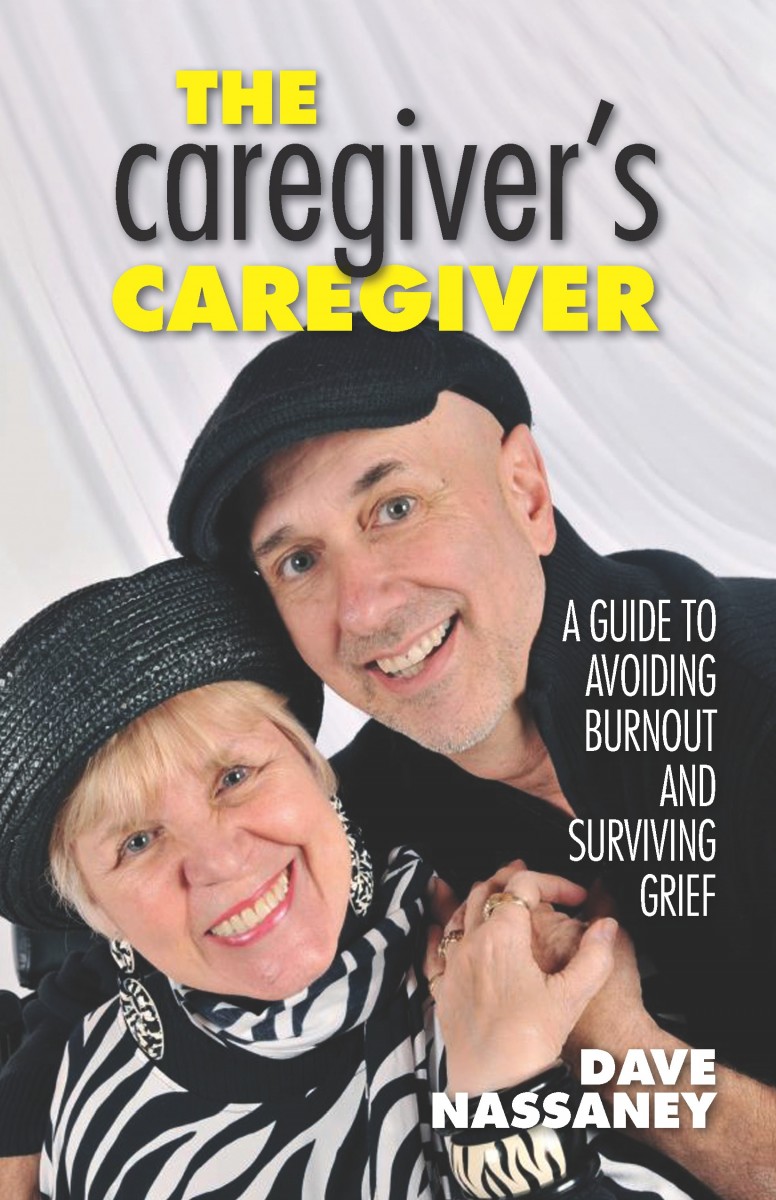Anger
 When fear, frustration or hurt feelings are not expressed, they turn into anger. Anger is a way to release pent up feelings that one cannot identify or explain. There are differing types of anger: There is a righteous anger – anger dealing with the true injustices of the world, the anger that can motivate one to start a movement of change. Martin Luther King is an example of changing social injustice due to racism. There is the injustice of watching children starve around the world due to corrupt politics that create a righteous anger to motivate them into starting organizations such as “Feed the Children” or “World Vision.”
When fear, frustration or hurt feelings are not expressed, they turn into anger. Anger is a way to release pent up feelings that one cannot identify or explain. There are differing types of anger: There is a righteous anger – anger dealing with the true injustices of the world, the anger that can motivate one to start a movement of change. Martin Luther King is an example of changing social injustice due to racism. There is the injustice of watching children starve around the world due to corrupt politics that create a righteous anger to motivate them into starting organizations such as “Feed the Children” or “World Vision.”
The anger of which I am referring to is one of pure torment, fear and frustration. Charlene held a rage within that she could not express in words. She was only able to howl and scream the pain of anguish and loss of her life as she knew it. She felt that falling victim to an impending stroke in her brain was completely unfair.
Anger is a powerful emotion that can be of some benefit, however, it can also be very destructive if not properly channeled. After we had moved on from our denial, Charlene and I found ourselves both immersed in our anger. She was very angry because she no longer had control over her life. Her vocabulary mainly consisted of very frustrating screams — and scream she did. Emotional outbursts lasting anywhere between 15 minutes to an hour of bone-chilling shrieks that did not stop, except to take her next breath to continue howling. The target of her rage was me.
As terrifying as it was for me to see and hear my wife having an emotional melt-down, I had to constantly remind myself that she was communicating the only way that she knew how. I tried holding her, rubbing her back and talking calmly to her, but nothing helped her to regain her peaceful spirit. The loved one you are caring for may also exhibit extreme outbursts of anger that can seem like it is specifically designed to hurt you. It is so important to understand that, although their hurt and anger may seem to be targeted at you, it is really the expression of their own inner pain, frustration, fear and loss.
At the time, it felt like I had no control over my life. My wife was suffering immeasurably and I could not comfort her. I was confronted with a myriad of decisions to make on Charlene’s behalf, as well as my own, and I had no prior experience with this level of physical disability. The woman who had been my best friend, and upon whom I relied, was gone. I felt alone in my own pain. In that stressed emotional space, I was vulnerable to taking Charlene’s outbursts personally. I often got quite angry with Charlene because of the way she treated me. Charlene’s confusion, inner pain, and loss of control of her own life, caused her not to understand fully the plans I would make on her behalf. I felt as if she did not appreciate all that I was trying to do to make her life better.
I learned, however, that no matter how out of control my life seemed at times, I always have power over the way I react to a situation. Granted, many times I did not respond to her livid eruptions as lovingly as I should have. I was not accustomed to such treatment and I had to constantly remind myself not to take it personally. I told myself that she was sick and could not be held accountable for most of her actions. It was only because of God’s grace in me that I chose to express that anger in more constructive and positive ways. It would not have served any beneficial purpose to anyone if I did not listen to that still small voice in my head. I had to continually remind myself not to take the offense to heart because my wife was not in her right mind. After all, if I was not in my right mind, wouldn’t I want my caregiver and spouse to express to me this same grace?
By simply realizing your loved one is in the anger stage of the grief process, you will exhibit much better control over your own emotions, and avoid displaying inappropriate anger toward that person. Even though your loved one may not be in total control of their anger, it’s important to hold onto the fact that you are not the cause of their disability or challenge. Take care to protect yourself emotionally from the anger that may be focused in your direction. This stage of grieving is part of the normal process for your loved one. It is also important you recognize that your anger is part of your emotional process as well.
During those frustrating times, I found a way to safely vent my anger–I wrote letters to Charlene that I never intended to give to her. I described how she hurt me and how I felt she was being unfair to me. These letters were strictly for my benefit only. This strategy is an excellent way to safely express the rage inside of you without allowing your anger to ever get out of control.
It was impossible for my wife to participate in any intense, verbal conversation of any kind about any deep topic on any level, because of the speech impairment resulting from her stroke. She simply was not capable of effectively expressing the profound emotions she was feeling at the moment. Since most passionate “conversations” become a one-sided shouting match, neither of us felt heard or understood. Imagine the difficulty of having a difficult discussion with others who are fully functional, let alone one who is severely speech impaired. Anger will only heighten the emotions and negatively affect the desired outcome of your communication. It would be very unproductive to attempt any meaningful dialogue in the heat of rage. Wait for those intense emotions to subside before continuing with the conversation.
During that two year grieving period, Charlene’s anger was so bad that she would not want to touch me or even to look at me. If she didn’t retreat into her room and slam the door behind her, I would usually leave the room myself so that she could be alone to allow all of those pent-up emotions to dissipate. I’m sure the neighbors thought I was beating her — it sounded that bad. Obviously, this kind of interchange is not good for any relationship, so I trust you may benefit from what I learned in this experience.
It took a tremendous amount of energy for Charlene to vent in that way and it would usually take her many days to fully recover from those outbursts. It drained her body and her emotions. Sometimes I felt that those outbursts were my fault for allowing our conversations to reach a point of so much frustration that she would just snap. She couldn’t stop herself once she got started. It had to run its course. But many of these discussions were absolutely necessary ones because they usually involved changes that needed to be implemented in our living arrangements. I would give her my reasons. Typically, she didn’t agree but couldn’t articulate why. When I sensed that she was heading towards another emotional outburst, I would stop the conversation, and change the topic.
As the caregiver, it’s important to take the high road and understand that the angry person you are caring for is not behaving rationally. I’ll be the first to admit that understanding this doesn’t necessarily make it any easier to deal with! But it may help if you put yourself in your care receiver’s place by imagining what they are going through. In my wife’s case, I visualized myself attempting to discuss something very important, yet not being able to say a word. I reasoned that by losing an argument to my spouse, I may lose something very valuable to me simply because I wasn’t able to articulate my case or speak my mind well enough. I started to feel empathy towards her after these exercises, which is a very important emotion for a caregiver to possess.
The ability to communicate verbally with each other is a significant part of humanity that most of us take for granted. For some reason unknown to me, this was taken away from my wife. Likewise, your care receiver has suffered some sort of loss that is very precious to them. It may be their health, their mind, their mobility, their speech, their understanding or even their youth. Empathy and compassion are required ingredients for caregiving; this allows you to have the necessary gift of feeling their pain. Although there is no guarantee that this will fix anything, at least your loved one will sense that you are trying to understand and empathize with them, even if you still have to do things that they do not like.
Sometimes, the anger stage lasts a little longer than expected, and may require you to take some extra breaks away from your loved one in order to survive caregiving. One way that I attempted to endure those difficult days was to travel on selected weekends to some of my favorite friend’s or family’s homes that live out of state. I hadn’t seen any of them in years, and it was a special treat for me just to get away from reality and share my frustrations with wonderful people in a safe place without feeling guilty for doing so.
That’s not to say that taking breaks were easy to arrange. Anyone who suffers a stroke or any disability is naturally self-absorbed with their own problems, and my wife was no exception. She was not always happy about me leaving her with a substitute caregiver, but it is absolutely critical that you stay healthy so you can take care of you and your loved one. I know a lot of caregivers who cannot say “no,” to their care receiver, and as a result, the level of care they provide them invariably suffers because they are carrying too much of a heavy load. The goal here is to take care of your needs so that you won’t always be in survival mode or have your “batteries” die on you. Keep your “gas tank” on full, and your batteries completely charged. As difficult as it may seem at times, they must be able to handle the truth about your health coming before theirs!
I can imagine some of you are asking me right now, “How can I get away and find someone to care for my loved one for a whole weekend?” Of course, you would need someone who can provide adequate care while you are gone. Obviously, no one will be able to provide the excellent level of attention that you offer, but that is okay. Your loved one will certainly survive the weekend, and will even appreciate you more when you get back from your trip.
To reinforce this all-important message of continuing to take care of yourself first without feeling guilty, I recommend that you join a caregiver support group. In addition, you should also find an appropriate support group for your care receiver’s specific disability or condition. This will ensure that they are given a safe place to vent their frustrations and validate their feelings with like-minded people. There are thousands of groups out there just waiting to bless you and your loved one with individuals who know exactly how you both feel.
Charlene attended a support group for stroke survivors and I attended one for caregivers. I learned from that group that I  needed to take care of myself first, in order to take care of my wife. It was funny that both groups were complaining about each other to anyone who would listen. This was beneficial because everyone achieved a new level of understanding and appreciation which was made available by those traveling the same difficult road.
needed to take care of myself first, in order to take care of my wife. It was funny that both groups were complaining about each other to anyone who would listen. This was beneficial because everyone achieved a new level of understanding and appreciation which was made available by those traveling the same difficult road.

